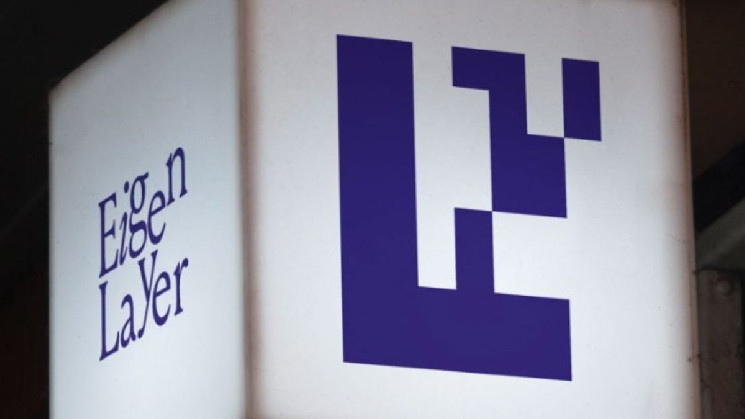Protocol redeploying EigenLayer plans to implement a “shared security system,” a mechanism that will allow protocols to join the network using a common pool of ETH stakes.
EigenLayer provides a protocol that allows users to deposit and “restake” ether from various liquid staking tokens, with the goal of allocating those funds to secure third-party networks. The first phase of the project was released on the Ethereum mainnet in June 2023.
In the future, the team plans to convert the project into a large decentralized application platform and enable the launch of other projects, using so-called shared security.
That version will allow the amount of ETH redeploys on EigenLayer – currently over $1.7 billion – to be delivered simultaneously to all services developed on the network, for the sake of a common security mechanism. This would make it economically infeasible for an attacker to destroy a given protocol.
“You need $1 billion of capital as an attacker to attack a particular service, and there is a certain rigidity, a certain hardening of security when you aggregate security,” EigenLayer founder Sreeram noted.
Such shared security models have been introduced before by projects like Polkadot, although the mechanisms differ greatly.
Polkadot is an ecosystem of blockchains secured by a relay chain and a native token called DOT, while EigenLayer will allow ETH stakers and those who own ETH liquid staking tokens (LSTs) to redeploy those assets to blockchains or services that don’t to secure economically. It doesn’t necessarily have to run on Ethereum.
EigenLayer and relaying services
EigenLayer will also let ETH stakers choose to subject their ETH to additional risk for securing Ethereum ecosystem services such as rollups, oracles, data availability platforms, or similar services. In return, these strikers (or restakers) earn revenue from those services.
Projects built on top of the framework would be able to purchase insurance for a subset of the total network deployment, EigenLayer said. This insurance will act as a safety net that, in the unlikely event that the network fails to secure the project, would allow it to receive a certain amount of funds. The payouts would theoretically come from the staked ETH, which could be reduced if these stakes are removed. EigenLayer calls this ‘attributable shared security’.
According to EigenLayer, the likelihood of such a cut is minimal and is only intended to guarantee the provision of economic security for protocols built on top of the platform.
EigenLabs – the team behind EigenLayer – closed a $50 million Series A funding round led by Blockchain Capital in March. The total value of EigenLayer’s smart contracts recently reached $1.7 billion.

